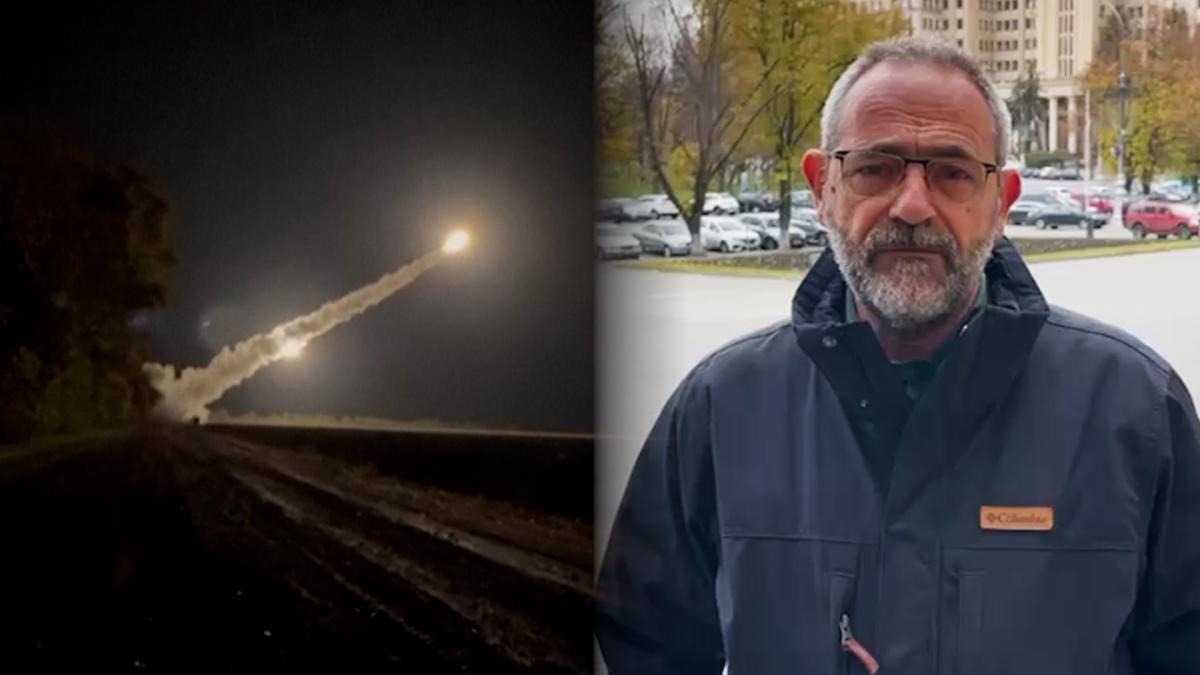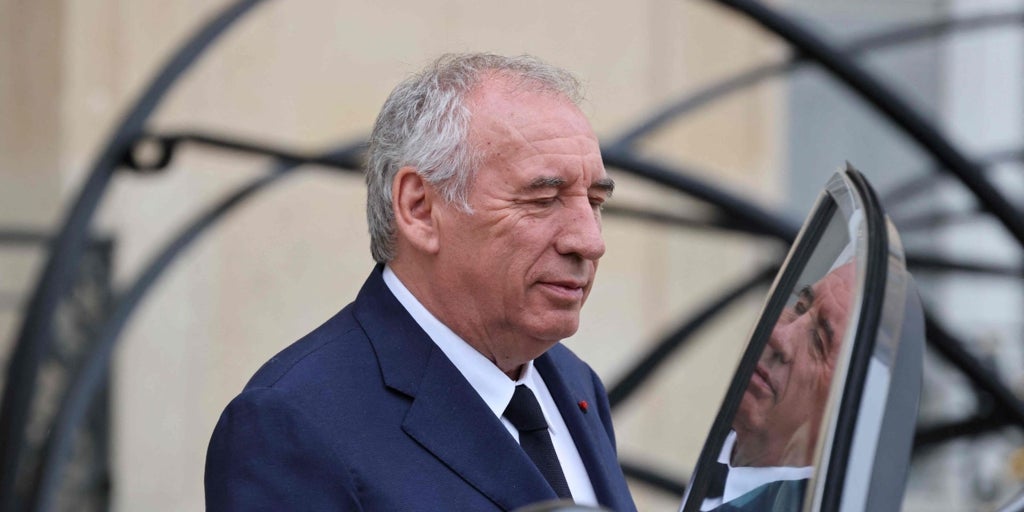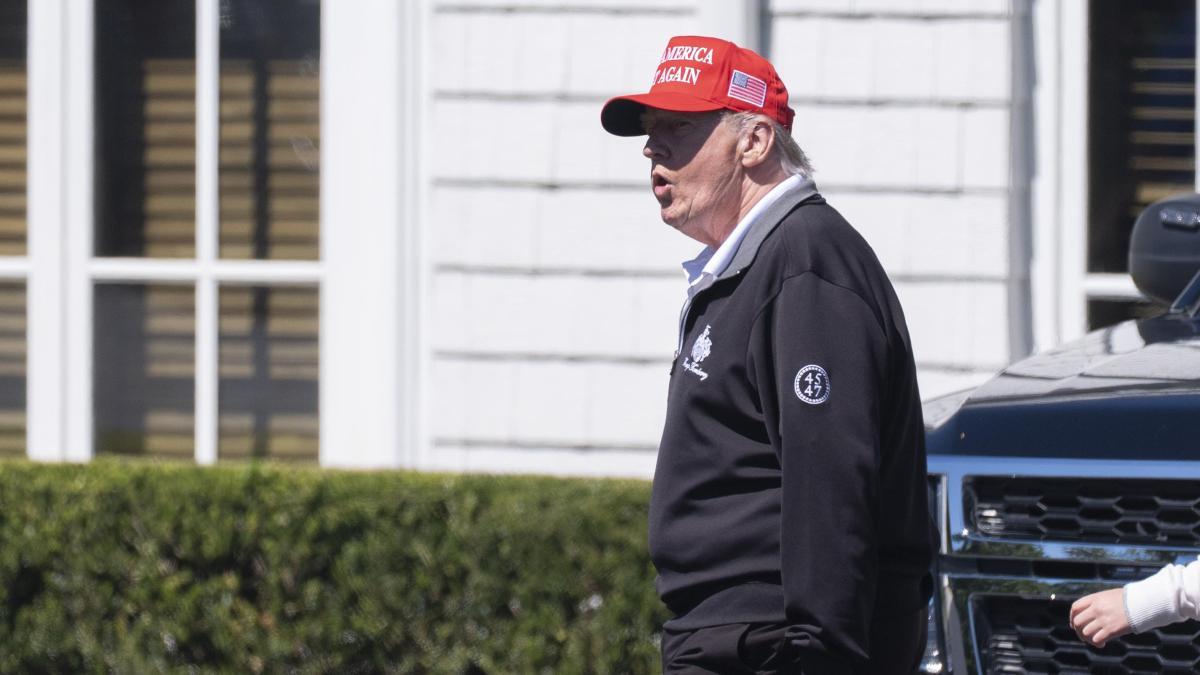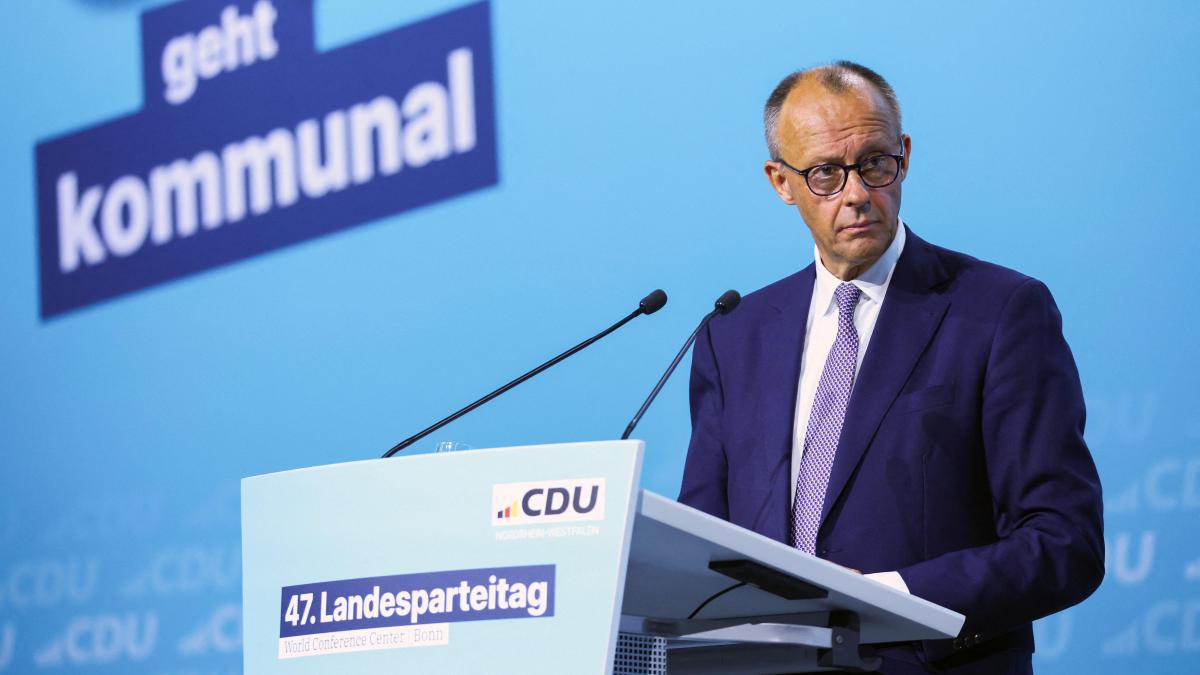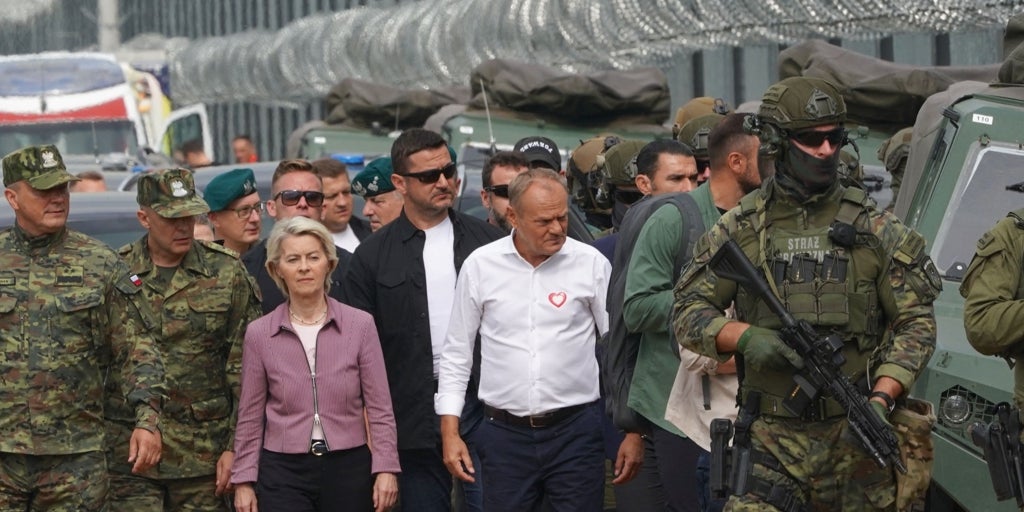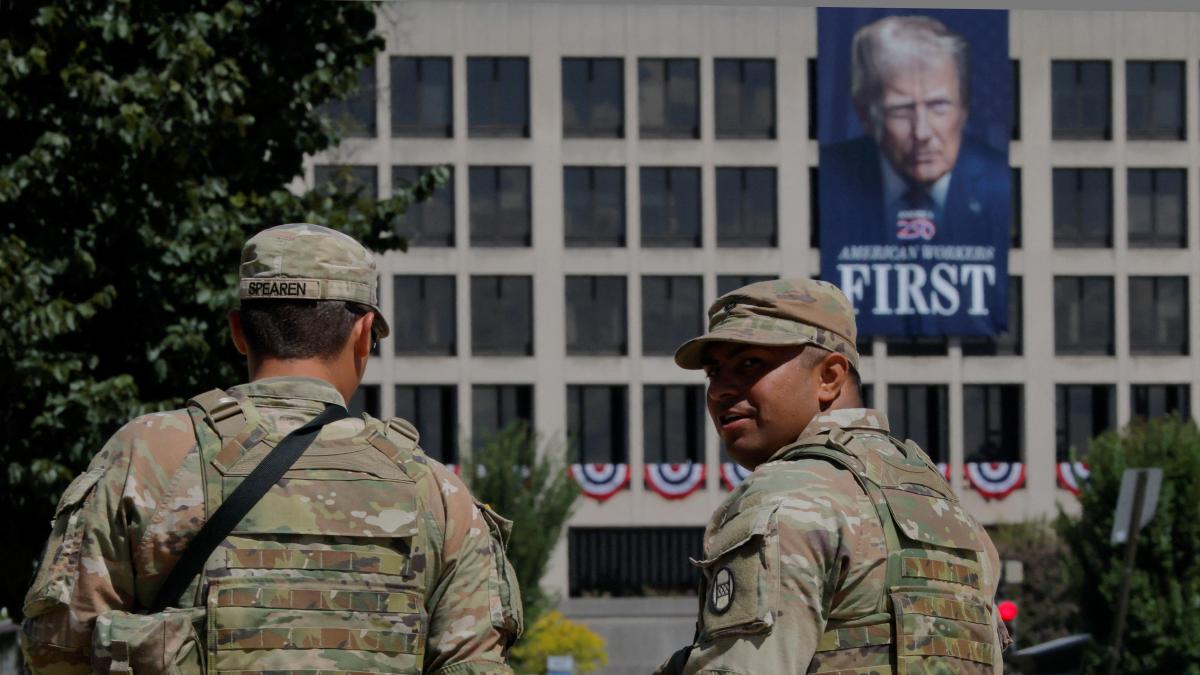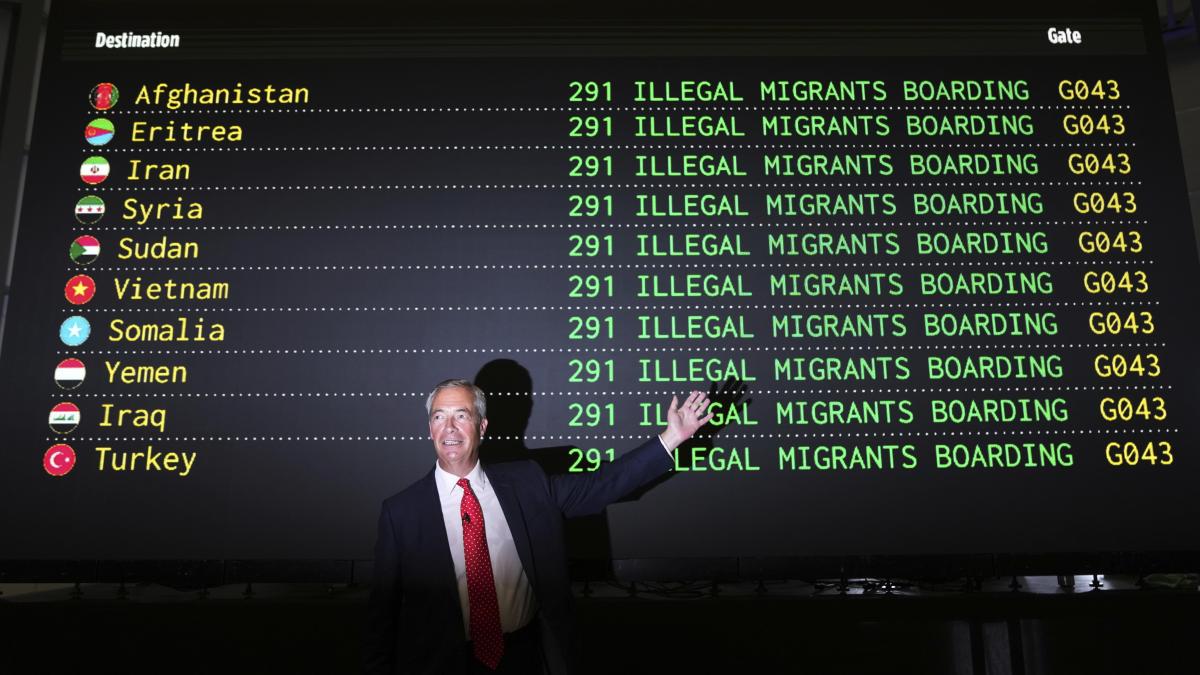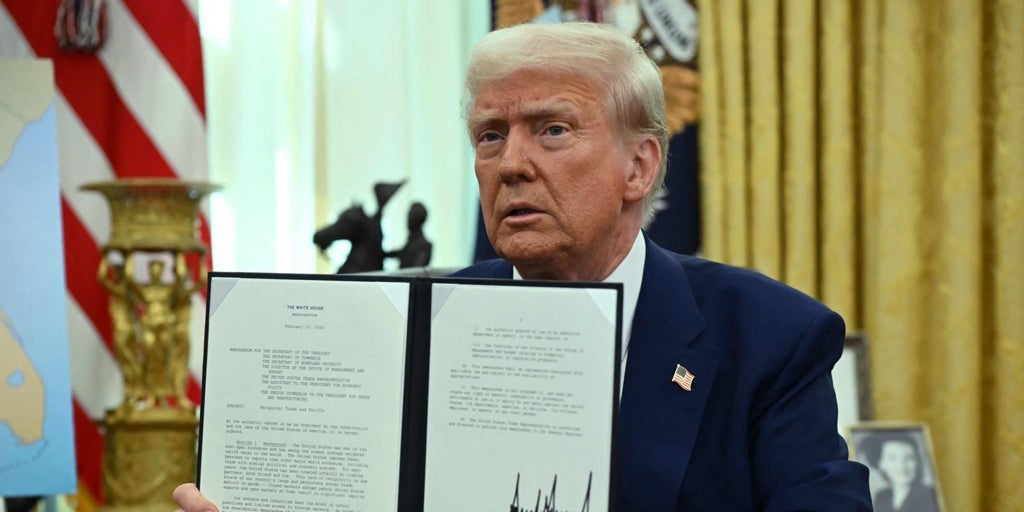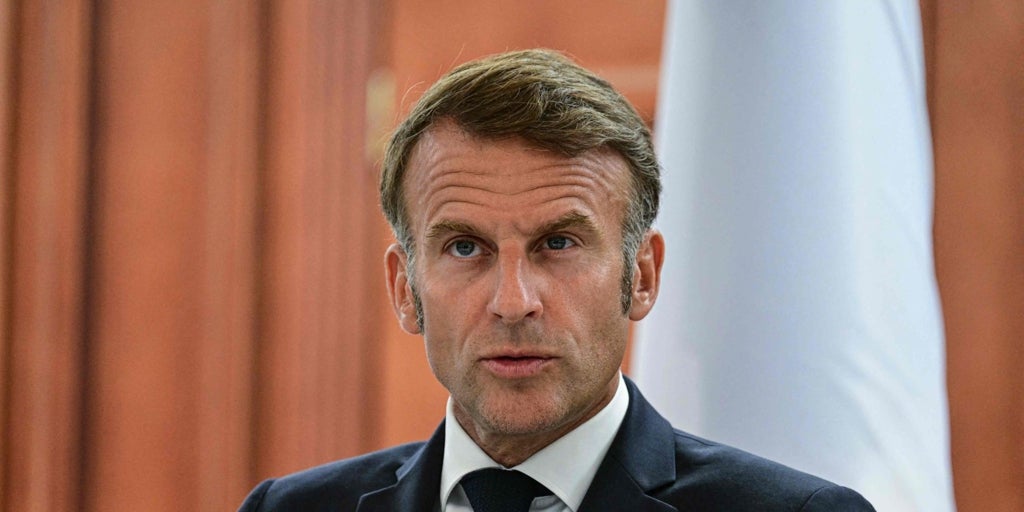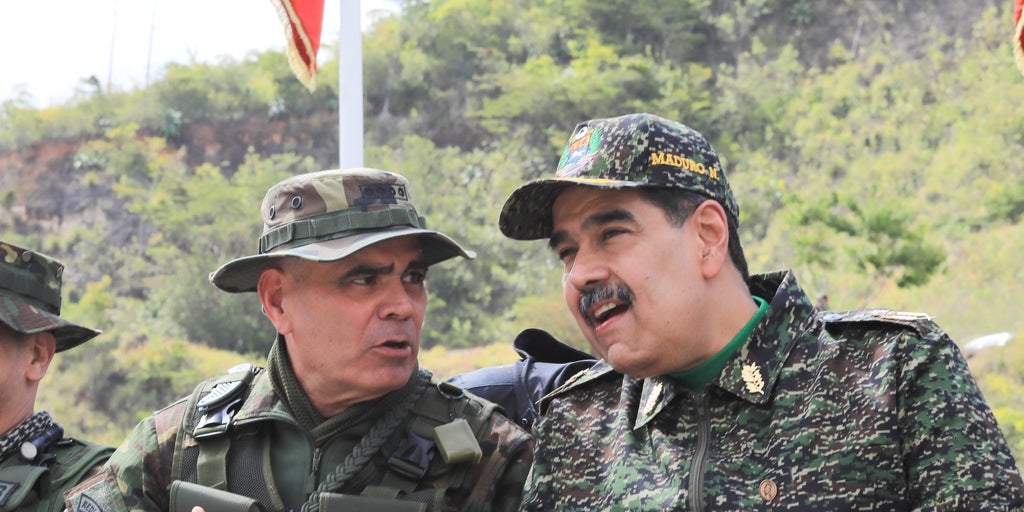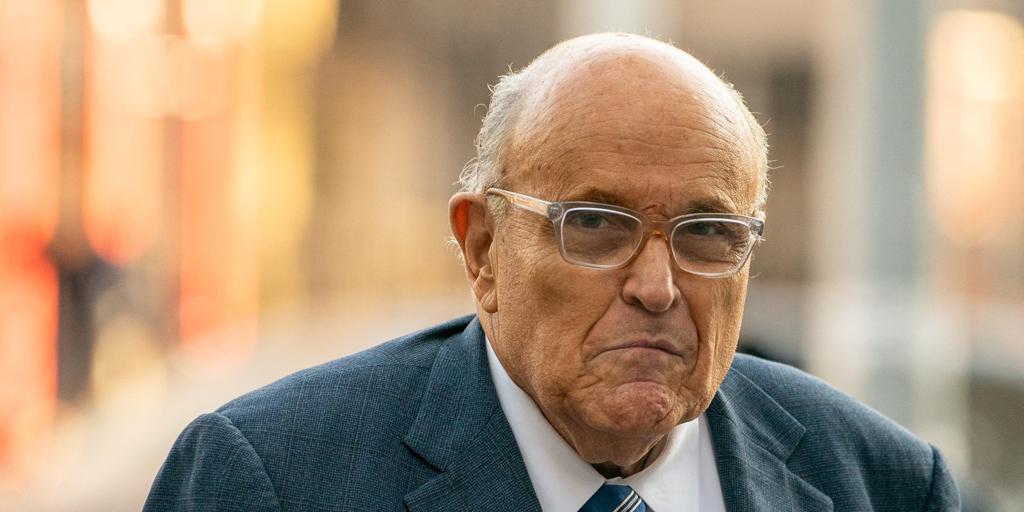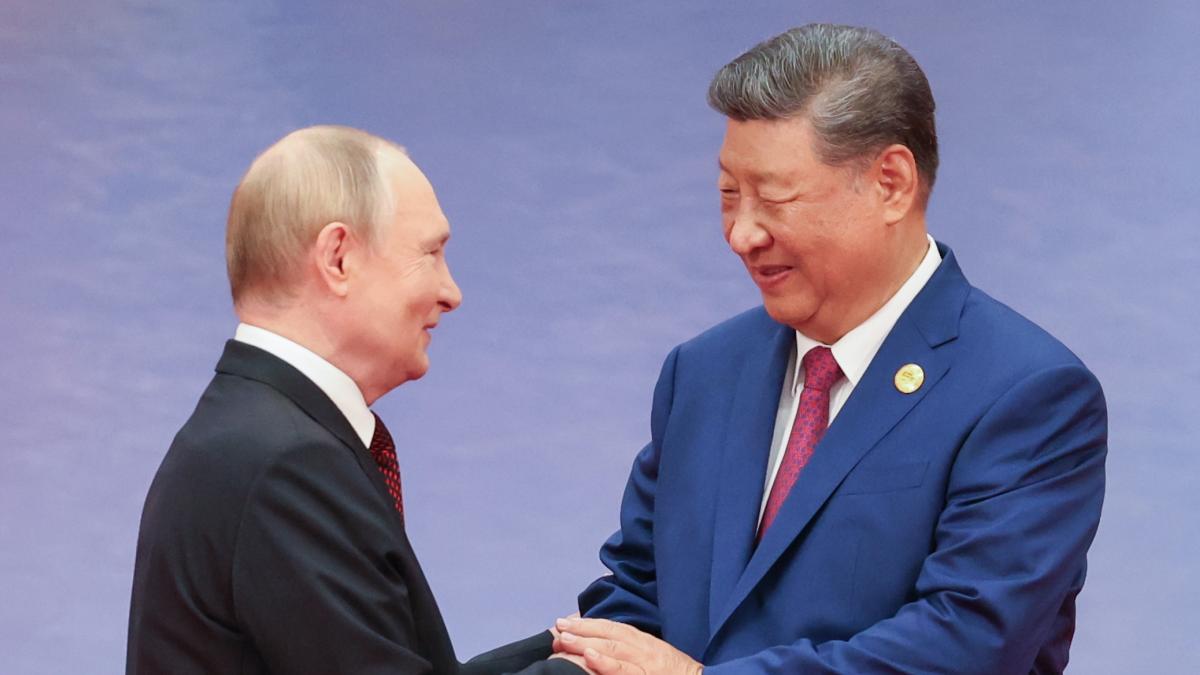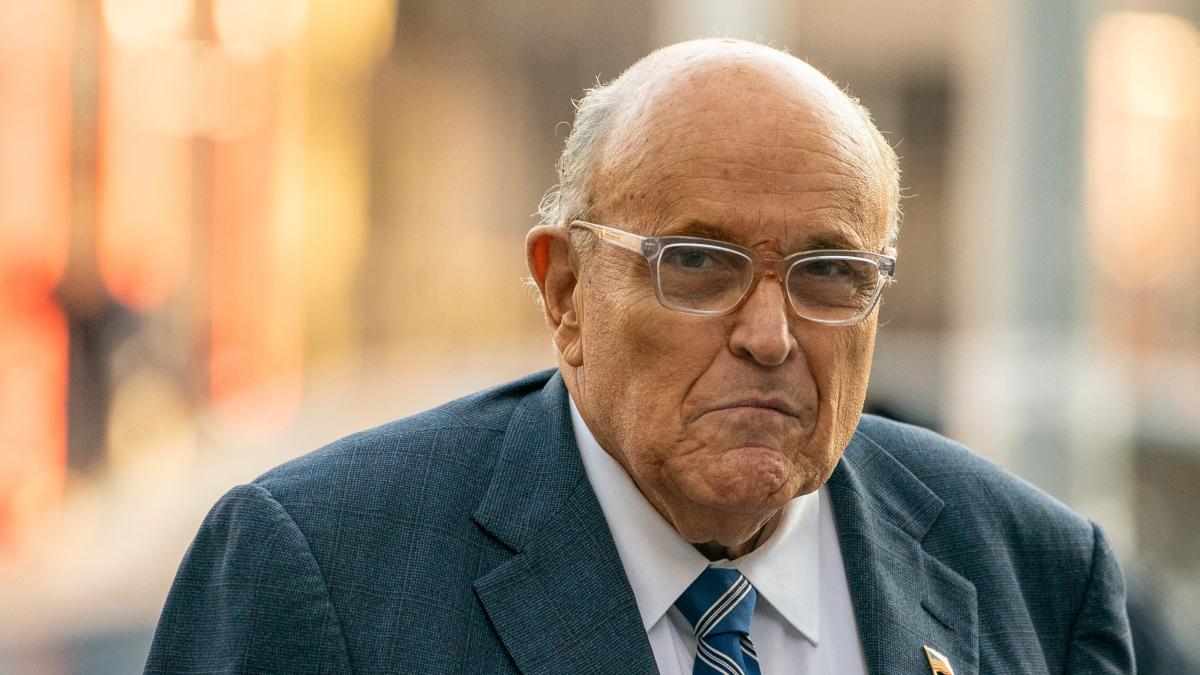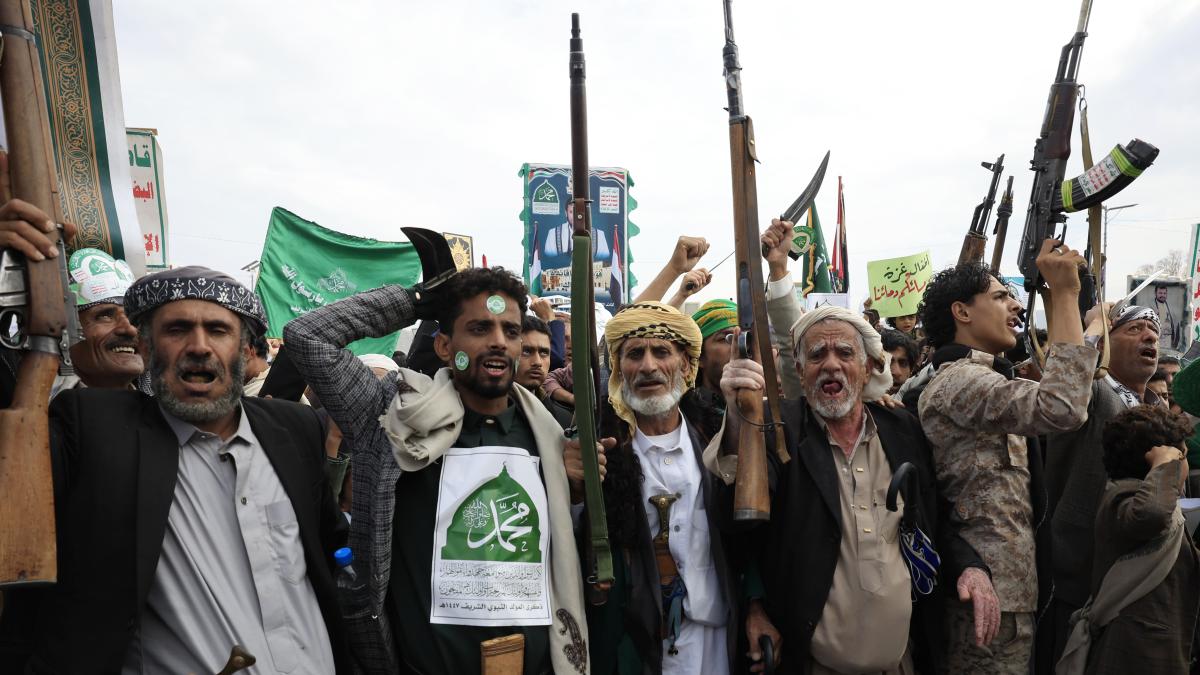What Could Putin’s Reaction Be to the U.S. Missile Strikes on Russia?
In an era defined by uncertainty and geopolitical power plays, the recent authorization by U.S. President Joe Biden for Ukraine to use American-made missiles has escalated tensions between the United States and Russia to alarming heights. The repercussions of this decision echo far beyond Eastern Europe, posing significant implications for international relations, security, and the concept of warfare itself.
Understanding the Context: A Powder Keg in Ukraine
The conflict between Ukraine and Russia is not a mere skirmish; it is a seismic event in modern history, reverberating across nations and altering power dynamics worldwide. Following the Russian invasion of Ukraine in February 2022, which came after eight years of escalating tensions post-Crimea annexation, Russia’s military actions have been defined by a clear objective: to reclaim its influence in a region it perceives as its sphere of influence.
The recent U.S. decision to supply advanced missile systems creates a narrative of empowerment for Ukraine, presenting it as a bulwark against Russian aggression. However, from the Kremlin’s point of view, this action signals a direct threat to its sovereignty and strategic interests, igniting fears of a broader confrontation.
Putin’s Calculated Response: Unraveling the Layers
Understanding Vladimir Putin’s potential response requires delving into his military and diplomatic strategies shaped by years of ideological and geopolitical tensions. Analysts speculate various possibilities ranging from diplomatic offensives to more aggressive military tactics.
1. Diplomatic Maneuvers
One plausible avenue is a renewed focus on diplomatic channels. Russia might seek to galvanize international support, leveraging alliances with countries that share its views on U.S. imperialism in global affairs. Historical patterns show that Putin often resorts to strategic alliances while simultaneously attempting to undermine Western influence. In a well-calibrated diplomatic response, he could initiate high-stakes negotiations or propose alternative resolutions to de-escalate the crisis.
2. Military Escalation: Hybrid Warfare Tactics
Alternatively, the Kremlin could escalate military operations, employing tactics framed within the doctrine of hybrid warfare. This approach combines conventional military might with subversive tactics that include cyber warfare, misinformation campaigns, and the deployment of proxy forces. Such methods enable Russia to amplify its retaliatory strategies while avoiding direct confrontation that could draw the West into a wider conflict.
President Putin has previously demonstrated his willingness to operate in this murky terrain, employing both regular military forces and irregular proxies, as seen in Syria and Crimea. The critical aspect of hybrid warfare lies in its non-standard engagement, which complicates attribution and retribution while manipulating media narratives to Russia’s advantage.
A Tug of War in the Global Arena
The U.S. missile supply to Ukraine not only marks a pivotal moment for the Ukrainian military but also places Russia and the West into a precarious tug of war. The stakes are increasingly high as each side attempts to capitalize on the other’s missteps while striving to maintain a narrative that favors their geopolitical strategies.
If Russia perceives a direct threat to its defined interests, it could mobilize significant military resources to counter what it views as an existential challenge. This could open the floodgates for a variety of responses ranging from increased aerial strikes and ground maneuvers to heightened naval activity in contested waters.
3. Domestic Propaganda and Military Rhetoric
Concurrently, we should anticipate a ramp-up in domestic propaganda aimed at justifying any military actions to the Russian populace. History shows that Putin’s regime has frequently used external threats to consolidate power internally, galvanizing public support for military endeavors under the guise of national security.
Will Nuclear Options Resurface?
As tensions rise, discussions surrounding nuclear deterrence might emerge, drawing attention to Russia’s nuclear capabilities. While the direct use of nuclear weapons remains unlikely in a conventional sense, strategic nuclear posturing could serve to reinforce Russia’s stance on the international stage, sending a message that it reserves the right to escalate should its national sovereignty be perceived as under threat.
The Cascading Effects on Global Security
The repercussions of the recent U.S. missile actions reach far beyond the battlefield in Ukraine. The potential for escalation could redefine international alliances and spark a resurgence of Cold War-era tensions. With both Russia and the U.S. as key players in nuclear security, any miscalculation could have catastrophic consequences.
Conclusion: A Dangerous Game of Chess
In evaluating Putin’s anticipated response to U.S. military maneuvers, it becomes clear that we are navigating a dangerous game of chess. Each move trades stability for unpredictability, with the potential for active conflict heightening each passing day. As the world watches closely, the interactions between these global powers may very well dictate the course of international relations for years to come, urging the need for diplomatic avenues that prioritize de-escalation over brinkmanship.

